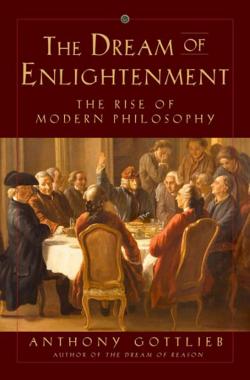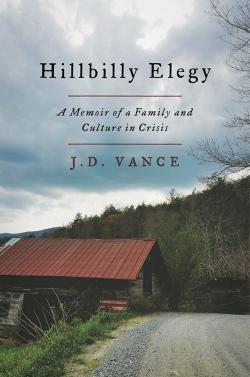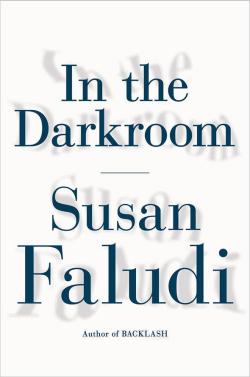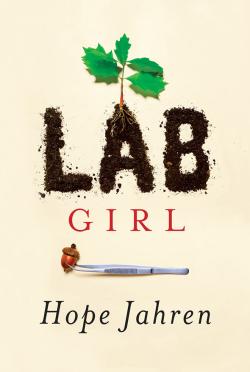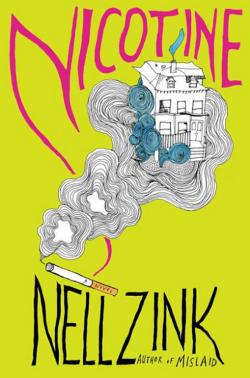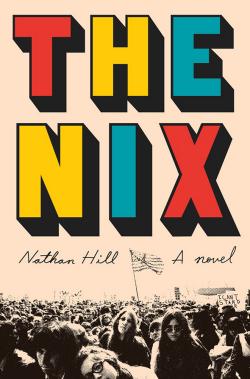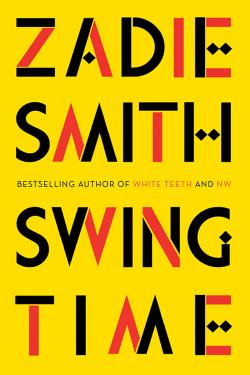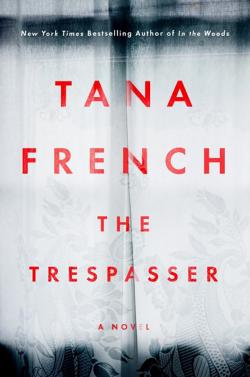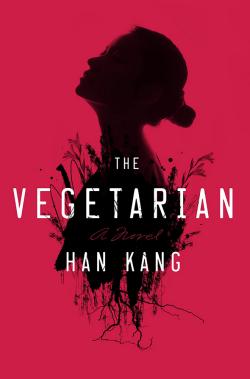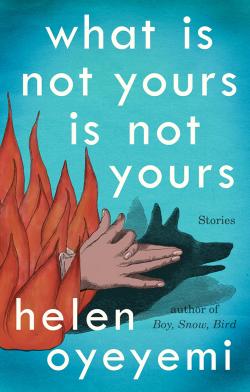
Slate is an Amazon affiliate and may receive a commission from purchases you make through our links.
Laura Miller’s 10 Favorite Books of 2016
A year when books broke out of the so-called filter bubble.
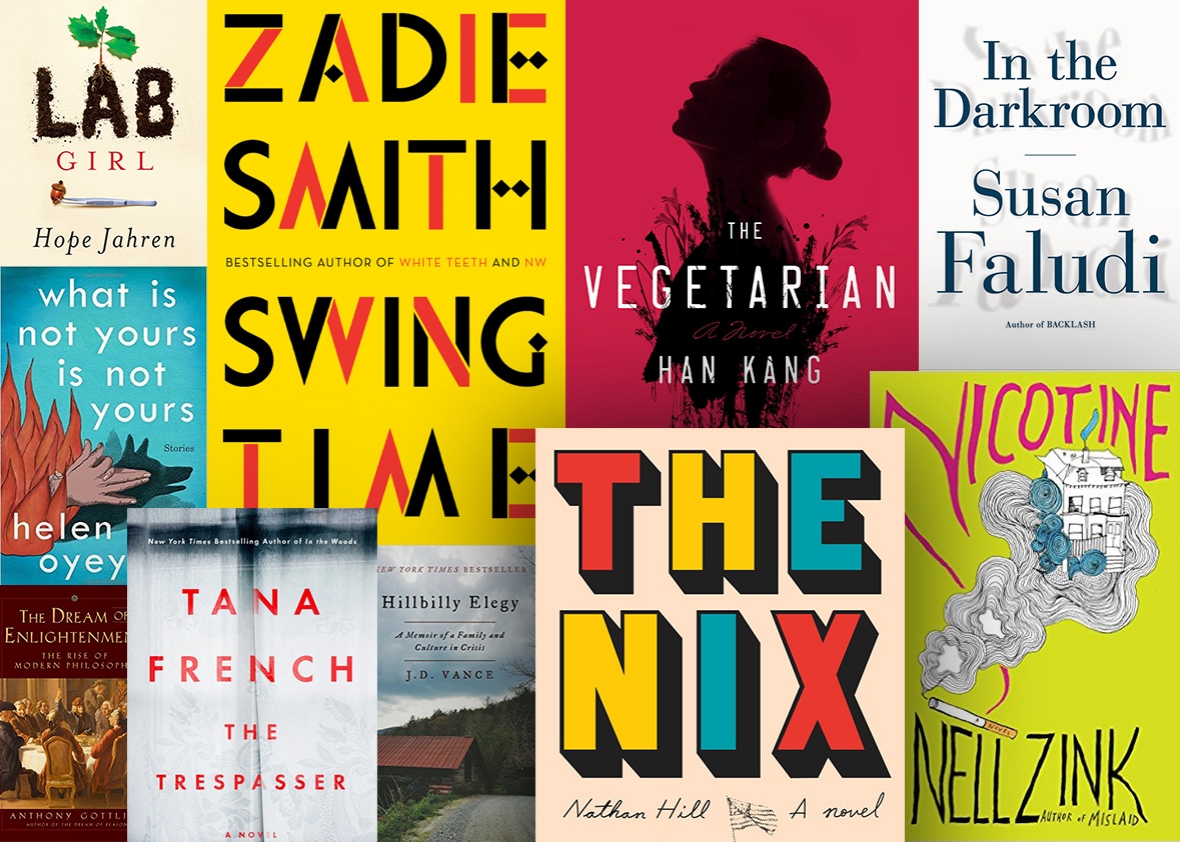
Photo illustration by Lisa Larson-Walker
Slate’s Best Books of 2016 coverage:
Monday: Laura Miller’s favorite books of the year.
Tuesday: The best comics and the best book jackets of the year.
Wednesday: Katy Waldman’s favorite books of the year.
Thursday: Mark O’Connell’s favorite books of the year.
Friday: The best audiobooks of the year.
* * *
Book publishing is not the most dynamic industry, and in most respects its 2016 looked a lot like its 2015: Coloring books remained hot, e-book sales continued to sink, and The Girl on the Train continued to sell by unfathomable crateloads. The Authors Guild’s decadelong copyright infringement case against Google Books finally fizzled out when the U.S. Supreme Court refused to review the case in April, but by then hardly anyone was paying attention anymore.
One thing American readers were paying attention to in this election year was class; the notorious filter bubble said to afflict much of the national media didn’t encompass bookstores. J.D. Vance’s memoir, Hillbilly Elegy, about growing up poor in Appalachia, became the summer’s surprise best-seller and deservedly so, but Nancy Isenberg’s White Trash: The 400-Year Untold History of Class in America also made an appearance on the lists. Publishers often complain that presidential campaigns suck up all the media oxygen, making it nearly impossible to get the publicity needed to propel a new title to success, and perhaps they’re right. Not a single work of adult fiction released in the first six months of the year made the top 20 print best-seller list. The competition from a significantly fictionalized campaign may have been too much for them.
Nevertheless, it’s been a terrific year for fiction, and new titles like Emma Cline’s The Girls and Colson Whitehead’s The Underground Railroad—both of which got squeezed off my personal favorites list by the sheer abundance and diversity of 2016’s offerings—became hits in the summer and fall. In 2017, with a concocter-in-chief who shows no sign of reining in his propensity for tweeting fabrications, novelists will have to continue to step up their game, and nonfiction writers will need to be more respectful of the truth than ever. As will the rest of us.
The Dream of Enlightenment: The Rise of Modern Philosophy by Anthony Gottlieb. Liveright.
Part 2 of Gottlieb’s history of Western philosophy (following 2000’s The Dream of Reason) has been a long time coming, but it’s worth the wait. Rare are the works on this subject that can be described as sparkling, let alone entertaining, but Gottlieb’s survey of the second great flourishing in Western thought (comprising Descartes, Hobbes, Spinoza, Locke, Leibniz, and Hume, among others) is exactly the right blend of biography, historical context, precise but accessible descriptions of the philosophers’ major concepts, and dish.
Hillbilly Elegy: A Memoir of a Family and Culture in Crisis by J.D. Vance. Harper.
Read Slate’s interview with Vance.
In this searching recollection of his childhood in Appalachia and Rust Belt Ohio, Vance (a Marine Corps veteran and graduate of Yale Law School), describes the stubborn, proud, loyal, and often self-destructive culture that he both loves and was determined to escape. The child of an absent father and a combative, substance-abusing mother, Vance survived thanks to his ornery but devoted grandmother and heroically responsible sister. He trains an unflinching eye on the rural working class: its fatalism, its hypocrisy (“I have known many welfare queens; some were my neighbors and all were white”), and its anti-intellectual machismo. And that same unflinching eye observes the wrenching story of how a kid from that background struggled to adjust to the alien world of the Ivy League. Vance, a conservative, has been criticized for preaching a bootstraps-only remedy for the region’s ills, but Hillbilly Elegy is short on policy recommendations of any kind. Rather, it’s a requiem for an identity that sees no place for itself in a postindustrial world.
In the Darkroom by Susan Faludi. Metropolitan Books.
Read Slate’s review.
In 2004, Faludi, one of the most celebrated feminist journalists of our time, learned that her estranged 76-year-old father had had sex reassignment surgery. This transformation prompted a reunion, but a highly perplexing one, as Faludi attempted to untangle the gordian knot of her father’s identity, not just as a trans woman, but as a fashion photographer and retoucher, an abusive husband, a Hungarian, and a Jew who returned to the homeland where she had once lived as a hunted minority under the Nazi regime. The two argue about what it means to be a woman, to be Jewish, to be Hungarian, to be a parent, and to be a daughter, and each gives as good as she gets. Big-hearted and deeply researched, this memoir illustrates how deciding who we are is seldom as simple as we think.
Lab Girl by Hope Jahren. Knopf.
Listen to Slate’s podcast. Read Slate’s review.
A research biologist specializing in plants, Jahren thinks of herself as a perennial misfit with literary leanings who has, against all odds, found a purchase in the world. She writes like an angel, and her memoir is a paean to such unlikely subjects as slide rules, grungy laboratories, and high-tech obstetric devices, as well as a bounty of floraphilia. But the true heart of the book is Jahren’s relationship with Bill, her collaborator of 20 years, a (platonic) bond as unbreakable as it is unspoken, a union of oddballs who share a taste for junk food and sardonic asides. Oh, and for science. Rarely has the quest to know a little (or a lot) more about the world been rendered with more scruffy, exuberant beauty.
Nicotine by Nell Zink. Ecco.
Read Slate’s review.
Living abroad, writing for virtually no one until, in her 50s and with the help of Jonathan Franzen, she managed to publish her work for the first time, Zink has instantly become one of the most unusual, refreshing voices in contemporary fiction. Her work is completely unfettered by genteel literary conventions and replete with robust storytelling. This novel describes how the mixed-race daughter of a New Age guru, recently graduated from business school, falls in with a bunch of squatters occupying the Newark, New Jersey, house that once belonged to her grandparents. Both a satire of and a valentine to the 21st-century counterculture, Nicotine is sexy and political and hilarious.
The Nix by Nathan Hill. Knopf.
Read Slate’s interview with Hill.
Any reader with a taste for way-we-live-now novels packed with memorable characters and shrewd observations will revel in Hill’s debut novel about Samuel, an English professor and failed writer addicted to an online role-playing game called World of Elfscape. Samuel’s mother (who deserted him when he was 11) becomes a viral sensation when she throws a handful of gravel at a blowhard populist presidential candidate, and he hopes to revive his career by producing a book about her life. I alternated between wincing and laughing while reading it—some of Hill’s barbs really strike home—butThe Nix also offers, in Samuel’s mother’s story, a compassionate and fully imagined portrait of growing up female in the late 20th century.
Swing Time by Zadie Smith. Penguin Press.
Read Slate’s review. Read Slate’s interview with Smith.
Two friends, both biracial girls from a working-class London neighborhood, share a love of dancing yet take very different paths in life. The premise for Smith’s novel is familiar, but the result is inimitably her own. The unnamed narrator, although less talented than her friend Tracey, soldiers her way through college and becomes a personal assistant to a Madonna-like pop star, an absurd job that ultimately takes her to the West African village that becomes the target of the pop star’s philanthropy. Meanwhile, Tracey’s gifts can’t rescue her from the old neighborhood’s traps. An exploration of the nature of success, creativity, and community, Swing Time is resolutely unpolemical. What animates it is Smith’s infectious, omnivorous love of humanity in all its messed-up, endearing manifestations.
The Trespasser by Tana French. Viking.
French’s extraordinary Dublin Murder Squad series digs deeper than any crime series around. She writes genre-bending literary novels about the way a particular case cracks open the life of the detective investigating it. Each book is narrated by a different detective: In this novel it’s Antoinette Conway, a scrappy, mixed-race striver from a Dublin housing project acutely aware of how poorly she fits in with the rest of the squad. At first, she and her partner (one of the few colleagues she trusts) think they’ve caught a garden-variety murder, and Antoinette sees no commonality between the well-groomed professional blond victim and herself. But unseen forces interfere with the investigation, forces whose motives may or may not align with Antoinette’s suspicions about her tenuous status on the squad, leaving her unsure whether she can trust anyone, including herself.
The Vegetarian by Han Kang, translated by Deborah Smith. Hogarth.
Read Slate’s review.
Spare, enigmatic and engrossing, Kang’s parablelike tale of an ordinary middle-class housewife’s decision to stop eating meat—and the havoc this wreaks on her extended family—resists easy interpretation. As with the films of David Lynch or Herman Melville’s Bartleby the Scrivener, the mystery is all. The title character engages in a full-scale, ecstatic war on flesh and the damage it wreaks on the world; later in the novel, confined to a mental hospital, she will become convinced she can turn herself into a tree. Viewed through the eyes of three successive characters—her selfishly fatuous husband, the brother-in-law who desires her, and, finally, the sister who cleaves to her out of the elemental bond of blood—Yeong-hye moves beyond the ken of human understanding. Just like the spell cast by this eerie and starkly beautiful novel.
What Is Not Yours Is Not Yours by Helen Oyeyemi. Riverhead.
Read Slate’s review.
Contemporary life is no fairy tale, unless you’re talking about the unbowdlerized Brothers Grimm variety, clearly one of the inspirations for these nine stories by a precocious master. Apart from the first story—set in a fantasy of historical Spain, complete with professional gamblers, lady pickpockets, climbing roses, lonely mountains, and doomed lovers—they all take place in the modern world, but one in which teenagers disillusioned by a scandalous YouTube exposé on their favorite pop star decide to correct the situation by invoking the goddess Hecate. Another young character works at the intriguing Hotel Glissando, where “there are three telephone booths in the lobby. Their numbers are automatically withheld and they’re mainly used for lies.” Yet another is so shy she can only speak freely to the companionable ghost who haunts her bedroom. All of their stories are told with a serene, sly confidence that the Grimms themselves might have envied.
---
Hillbilly Elegy: A Memoir of a Family and Culture in Crisis
Check out this great listen on Audible.com. From a former marine and Yale Law School graduate, a powerful account of growing up in a poor Rust Belt town that offers a broader, probing look at the struggles of America's white working class. Hillbilly Elegy is a passionate and personal analysis of ...
See all the pieces in the Slate Book Review.

